Peat Moss and Acidity
andy10917
11 years ago
Related Stories
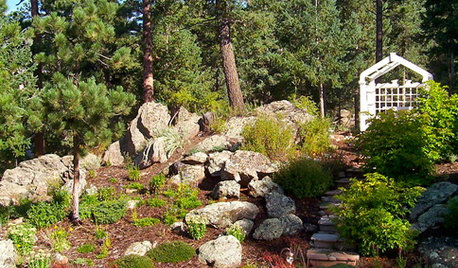
GARDENING GUIDESHave Acidic Soil in Your Yard? Learn to Love Gardening Anyway
Look to acid-loving plants, like conifers and rhododendrons, to help your low-pH garden thrive
Full Story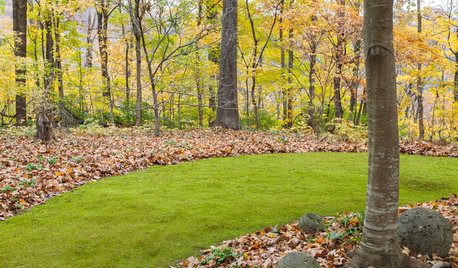
LANDSCAPE DESIGNMoss: Nature’s Carpet for the Garden
Learn how to grow and use this ancient and mysterious natural wonder for delightful texture in the landscape
Full Story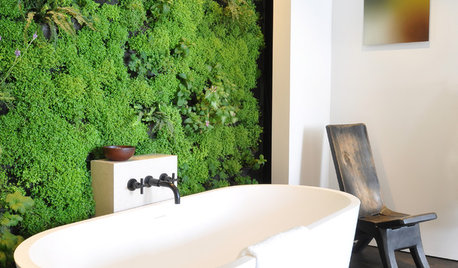
HOUSEPLANTSBaby Tears Mimics Moss for a Green Accent Indoors
This adaptable spreader thrives in water or soil, making it a terrific addition to containers and living walls
Full Story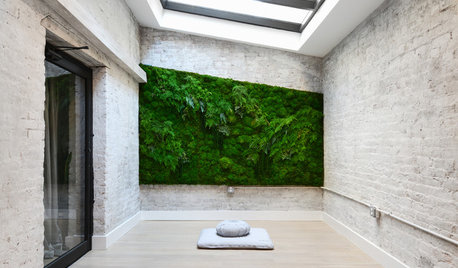
GREEN BUILDINGWorld of Design: The Joy of Moss and Its Modern Uses
This great design plant is 400 million years in the making. See how it’s inspiring art, soothing spaces and building design
Full Story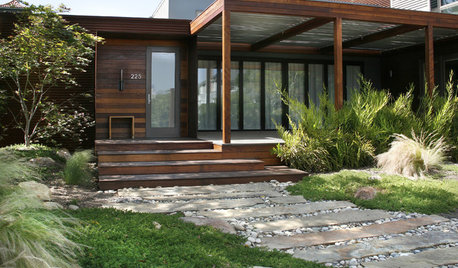
LANDSCAPE DESIGN7 Low-Maintenance Lawn Alternatives
Turf isn't the only ground cover in town. Get a lush no-grass lawn with clover, moss and other easy-care plants
Full Story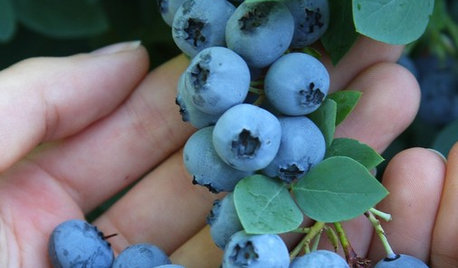
EDIBLE GARDENSSummer Crop: How to Grow Blueberries
Plant blueberries in spring or fall for garden beauty through three seasons — and a sweet superfood in summer
Full Story
GARDENING GUIDESGrow a Beautiful Garden in Alkaline Soil
Got alkaline soil? Learn how to manage it and the many beautiful plants that will thrive in this ‘sweet’ soil
Full Story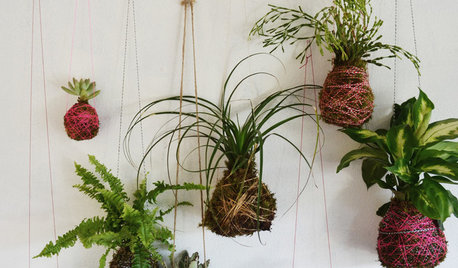
HOUSEPLANTSDIY Project: How to Make a ‘Kokedama’ String Garden
Dig in to create a simple, beautiful Japanese-inspired hanging garden
Full Story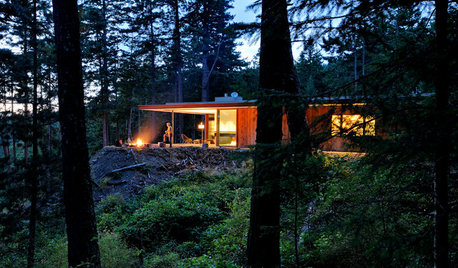
HOUZZ TOURSHouzz Tour: Just What Mom Wanted, Off the Washington Coast
With an art studio, age-in-place features and a view-maximizing design, this home shows just how well the architect knows his client
Full Story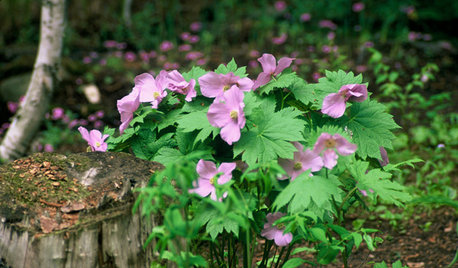
GARDENING GUIDES7 Shade-Loving Rarities of the Plant World
Cultivate a discriminating air in a shady garden patch with these uncommon woodland wonders
Full Story





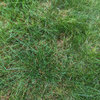

goren
grass1950
Related Professionals
Grand Haven Landscape Architects & Landscape Designers · Harrison Landscape Architects & Landscape Designers · Anderson Landscape Contractors · Clermont Landscape Contractors · Aberdeen Landscape Contractors · Andover Landscape Contractors · Edwardsville Landscape Contractors · Fridley Landscape Contractors · Mequon Landscape Contractors · Miller Place Landscape Contractors · Rochester Landscape Contractors · Secaucus Landscape Contractors · Suitland Landscape Contractors · Fair Oaks Swimming Pool Builders · Rocky Point Swimming Pool Buildersdchall_san_antonio
dchall_san_antonio
grass1950
kidhorn